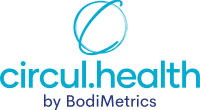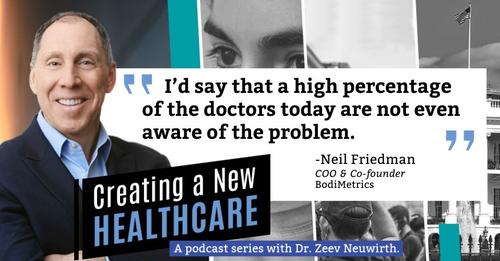| Friends,This interview is one of the most startling I’ve posted to date. In this episode, we discover that pulse oximeters – which measure blood oxygen levels – are not always accurate in people of color. Mounting evidence suggests that they’re far less accurate in people of color than in white people. They can overestimate the amount of oxygen saturation in the blood and miss low oxygen levels. As a result, people of color may be underdiagnosed and undertreated for low blood oxygen – in conditions ranging from pneumonia and flu, to numerous chronic lung conditions, to asthma, and heart failure. The clinical implications are profound. If low oxygen levels are not detected, people may not be provided appropriate monitoring and medical treatment – in their homes, in doctor’s offices, and in emergency departments, hospitals and intensive care units. As long-time listeners of this podcast know, my approach is not to focus on what’s wrong in American healthcare; but instead, to identify what’s right – so we can adopt, scale and spread positive change. What’s right here is that one solution to this disparity already exists. Our guest, Neil Friedman and his colleagues have developed a pulse oximeter, Circul Pro, that is more accurate in people of color, as well as in white people. It’s been scientifically validated and approved by the FDA. You can learn more about it at www.circul.health. Another positive development – two days after I recorded this interview, the Center for Devices & Radiological Health (CDRH) within the FDA released a discussion paper for public feedback entitled, “Approach for Improving the Performance Evaluation of Pulse Oximeter Devices Taking Into Consideration Skin Pigmentation, Race and Ethnicity”. They also scheduled a virtual public meeting on Feb 2, 2024 to discuss this issue. Both announcements can be accessed here.This interview raises more questions than answers. For example:Exactly how inaccurate is pulse oximetry in people of color, and to what extent is it clinically significant?Are clinicians and healthcare executives aware of the pulse oximetry issue? And if they are, what are they doing about it?Why hasn’t the American public been made more aware of this issue, which has been documented in the medical literature for years?If pulse oximetry is racially biased, what other medical technologies, sensors, algorithms and protocols have racial biases built into them?This is one of those critically important issues that we need to learn more about and do more about. As our guest points out, the magnitude of this problem is enormous in that nearly 40% of the people who pulse oximeters are used on are people of color. My purpose here is to create awareness and motivate positive action, not to lay blame. Along those lines, I would urge you to read and respond to the FDA’s recently released discussion paper (the public is invited to respond up until Jan 16, 2024); as well as attend the FDA’s upcoming virtual public advisory meeting on Feb 2 2024. The paper is well-researched and it’s a call to action to advance the research – with very specific questions. I would also urge you to forward this podcast and write up to your clinical colleagues – especially those with expertise in pulmonary, critical care, and sleep medicine. As always, wishing you the best of health, Zeev Neuwirth, MD |
| Order “Beyond The Walls” on Amazon now! |
| Order “Reframing Healthcare” |


